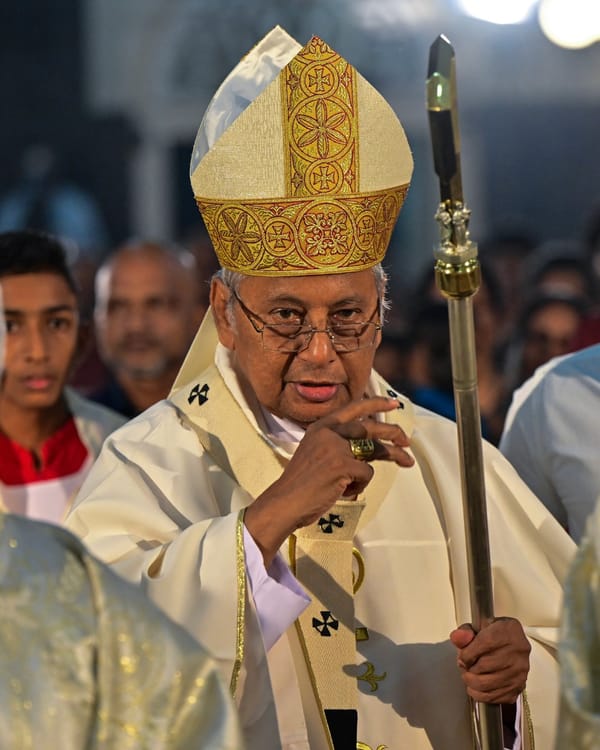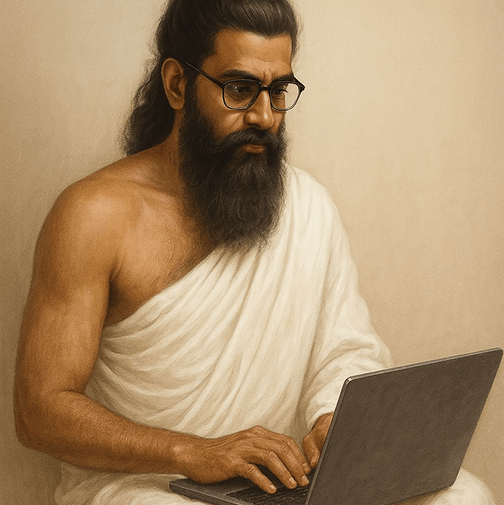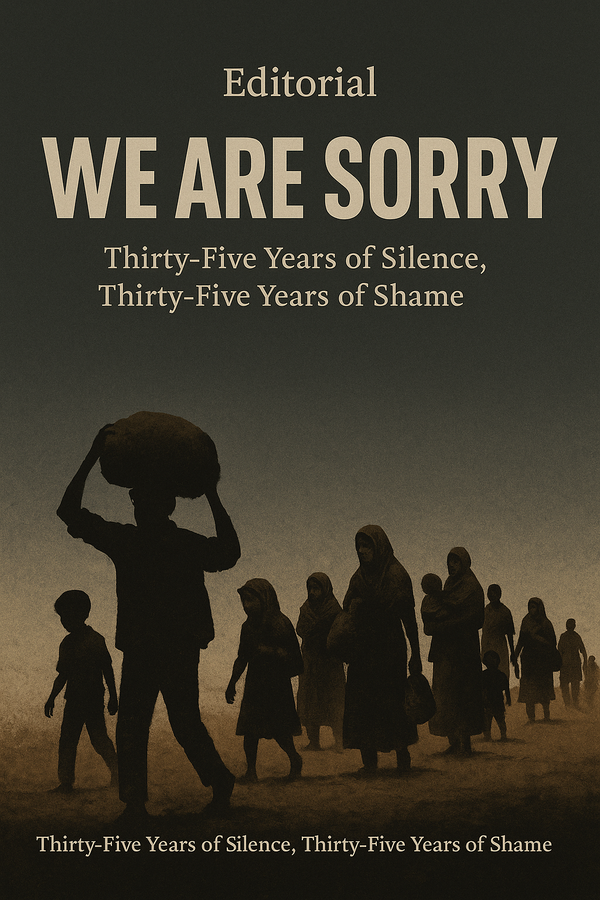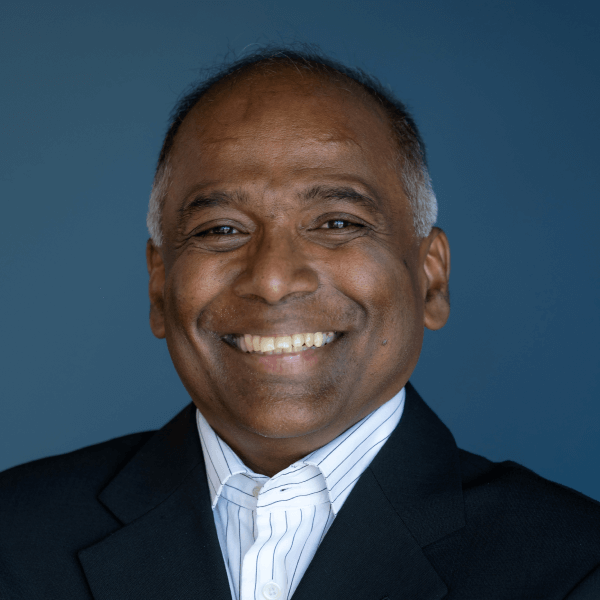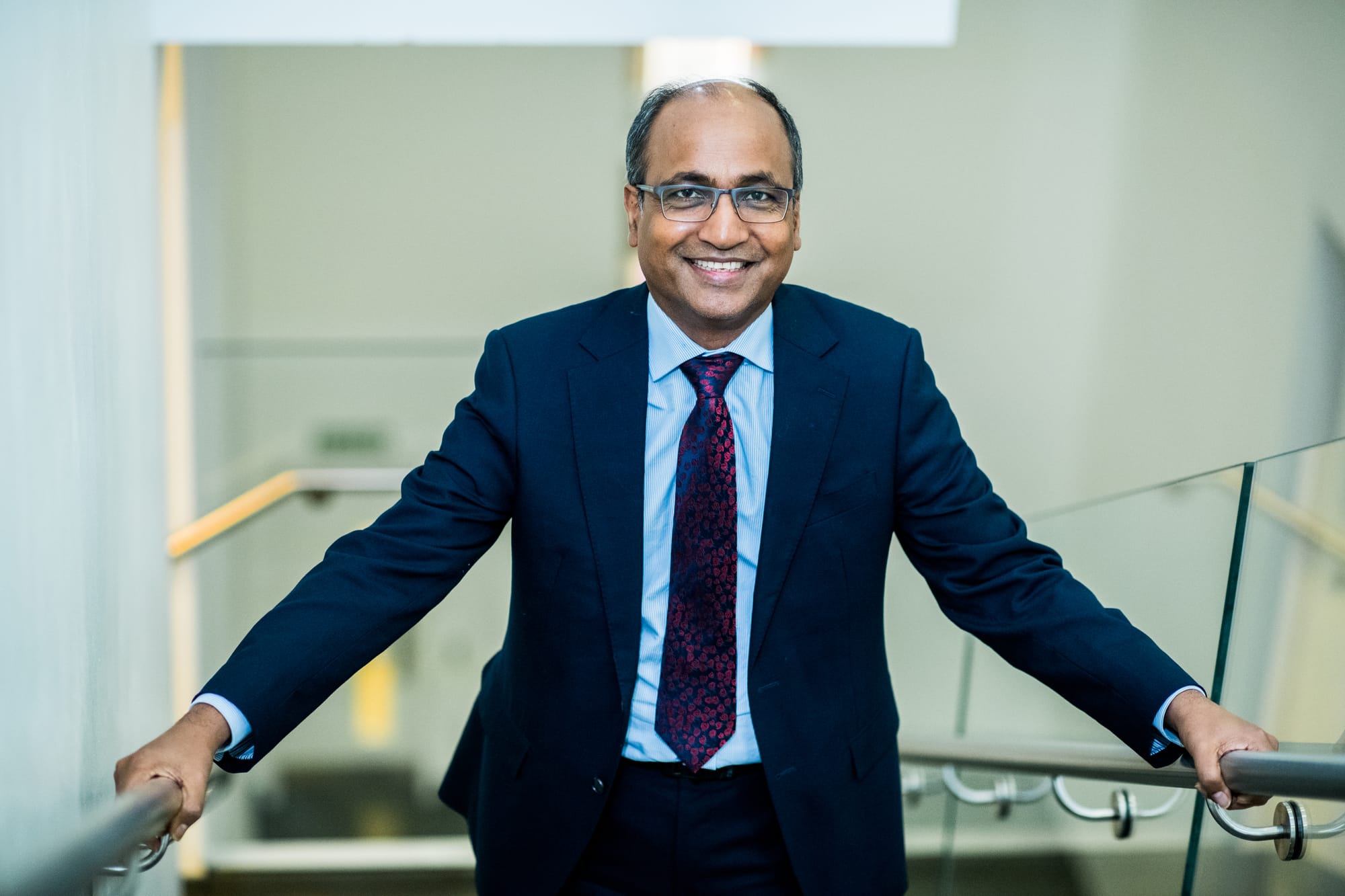"Cry aloud, spare not, lift up thy voice like a trumpet, and shew my people their transgression, and the house of Jacob their sins." - Isaiah 58:1
His Eminence Malcolm Cardinal Ranjith, Archbishop of Colombo and chief shepherd of the Catholic flock in all of Sri Lanka, has recently marked fifty years in the sacred priesthood. As the highest-ranking prelate whose dominion spans the entire island, he now stands as a mighty voice crying for justice, calling upon the nations of the earth for intervention and accountability concerning the Easter attacks of two thousand and nineteen—a day of unspeakable darkness when evil ISIS men targeted the houses of God and hundreds of souls were taken.
But as one born of Tamil blood upon this same Sri Lankan soil, who has witnessed with his own eyes unimaginable war atrocities and beheld also the calculated silence of the Archbishop of Colombo throughout the entire war and its bitter aftermath, I am compelled to lift my voice and ask:
Archbishop, Archbishop, why have you forsaken us in our hour of sorrow and slaughter?
For lo, these many decades have countless cries—in English, Tamil, and Sinhala—risen like incense, yet failed to pierce the heart of the Archbishop and his Sinhala clergy. Plain speech hath not moved them to righteousness. So now, with trembling hand and earnest heart, I try to take up the tongue of scripture—hoping that perchance these hallowed words might reach where the pleas of our time have found no hearing.
Chapter I: The Shadow Over the Jubilee
And it came to pass that in the very week when the Archbishop did mark fifty years in the sacred priesthood, there fell a shadow upon his jubilee. For behold, in that same week thirty years past, on the ninth day of the seventh month, in the year counted as one thousand nine hundred and ninety-five, there came from the heavens not angels of mercy, but instruments of war. Thirteen times did fire fall from the sky upon the house of Peter in Navaly, where the Catholics had gathered as sparrows seek shelter from the storm.
But lo, this was not the first blood spilled upon sacred ground, nor would it be the last. For behold, throughout the long years of war, ten Tamil Catholic priests were slain by violent hands, and three others vanished as if swallowed by the earth itself, their bones crying out from unmarked graves.
In the year one thousand nine hundred and eighty-five, brave Tamil Catholic Father Mary Bastian, shepherd of souls and defender of the oppressed, was struck down by soldiers' hands within the very sanctuary of Our Lady of St. Anne in Vankalai. His body was taken away, and none know where it lies to this day.
And in the final year of woe, in two thousand and nine, when the earth trembled with the roar of cannons and the sky rained death upon the innocent, Father Francis Joseph chose to remain among his flock in the valley of death called Mullivaikkal. Before he too was taken into darkness, he sent word to the Holy See, crying: 'The cries and woes of agony of babies and children, the women and the elderly fill the air... I deem it my duty to point my finger at the Church for its silence.'
Yet through all these seasons of sorrow, through the martyrdom of priests and the slaughter of innocents, one truth remained as fixed as the stars: the princes of the Church in Colombo opened not their mouths to condemn the murder of their own shepherds, nor of the faithful—be they of their flock or of other folds. Under the rule of many archbishops—yea, even unto Malcolm, called Ranjith—the silence endured like a curse upon the Tamil faithful, and a betrayal of Christ Himself.
Lo, through all the unimaginable horrors, the archbishops held their peace, as though the blood of Tamil brethren cried out in vain, unworthy of even a word in their defense.
"And he said, What hast thou done? the voice of thy brother's blood crieth unto me from the ground." - Genesis 4:10
Chapter II: When Shepherds Choose Their Tribe
But know this: their silence was not born of ignorance, nor was it the stillness of those who sleep. Nay, it was the calculated quiet of those who choose their master over their murdered flock. For the Church in Colombo served not as a voice crying in the wilderness for justice, but as a servant bowing before the thrones of majoritarian power.
They became as scribes and Pharisees who bind heavy burdens upon Tamil shoulders but will not lift a finger to ease their suffering. Instead of standing between the killer and the one killed, they made themselves willing partners in the machinery of ethnic supremacy, blessing with their silence the very hands that spilled our blood.
When Tamil mothers wept over their slaughtered children, when Tamil widows searched for their disappeared husbands, when Tamil orphans cried for their murdered fathers — the archbishop turned their faces away, choosing their ethnic loyalties over the truth of Christ himself.
"Are ye not then partial in yourselves, and are become judges of evil thoughts?" - James 2:1-4
Chapter III: THE BOOK OF MALCOLM'S DEEDS And His Service to Earthly Kingdoms
Now understand the nature of this Malcolm, called Ranjith, who wields power greater than even the chief priests of the yellow robes—the Mahanayake Theros who sit upon the seats of Buddhist authority in Sri Lanka. Though he shepherds the flock of the Nazarene, he bent his knee before the altar of Sinhala supremacy.
In the year two thousand and sixteen, when men spoke of changing the law of the land to grant greater rights unto minorities and make all faiths equal before the law, did he not proclaim with loud voice: "The country relies on Buddhism and there should not be any decision to change its due place... as we all live in a country nourished by Buddhism"? Thus did he bind his Catholic flock to the chariot of Sinhala nationalism.
Mark well: the fault lies not with the path of enlightenment itself, nor with those who seek wisdom through the Noble Truths. Nay, the corruption comes when the pure teachings are twisted into weapons of division, when the dharma becomes the servant of earthly power when the quest for nirvana becomes a tool to crush the powerless beneath the wheel of majoritarian might.
For this Malcolm did repeatedly proclaim Sri Lanka as a Sinhala-Buddhist realm, urging rulers to "follow and safeguard Buddhism," declaring the land "rooted in Sinhala Buddhist traditions," and naming as "foolish" those who would not acknowledge this supremacy. He even warned the princes of government not to disregard the will of the yellow-robed clergy, thus making the Church a handmaiden to those who would rule by religious privilege rather than justice for all.
“Ye cannot serve God and mammon." - Matthew 6:24
Chapter IV: Scattering the Flock
And in the year two thousand and fifteen, did he not call for the ban of political parties formed on ethnic or religious lines, calling them "inimical" to social cohesion? Thus did he echo the ancient cry of those who would scatter the voice of the Tamil and Muslim peoples, that they might not speak as one in the councils of power.
Behold, this was no accident of speech, but a deliberate sword thrust at the heart of minority representation—for long had the Sinhala rulers sought to break the strength of those who would stand together against oppression. When the powerless unite, the powerful tremble; therefore did Malcolm lend his voice to those who would divide and conquer.
Even among his own Catholic brethren, murmurs arose like the sound of distant thunder, for it was a thing unheard of in former days—that a shepherd of Christ's flock should so openly bow before the altars of another faith, that he should make himself the herald of state nationalism rather than the defender of the defenseless.
Yet his words and deeds bore witness to where his true allegiance lay: not with the crucified Lord who blessed the peacemakers and lifted up the lowly, but with the earthly powers who would make of many peoples one silent, submissive mass beneath the banner of Sinhala-Buddhist dominion. Such words flowed from his lips as naturally as water from a spring, mirroring the speech of those who would make of Sri Lanka not a home for all its children irrespective of race or religion, but a cursed land where one people is placed as a crown above all others.
"Woe unto them that decree unrighteous decrees, and that write grievousness which they have prescribed; To turn aside the needy from judgment, and to take away the right from the poor of my people." - Isaiah 10:1-2
Chapter V: When the Shepherd Guarded the Wolves
But most grievous of all was his conduct in the final years of great slaughter, when the earth of the northern lands ran red with Tamil blood. In the years two thousand and eight unto two thousand and nine, when the armies of the state pressed their final assault and the cries of the dying rose like incense to heaven, Malcolm chose not the path of the Good Samaritan, but the way of the priest and Levite who passed by on the other side.
Nay, rather did he speak in secret chambers to the U.S. Ambassador Patricia Butenis, saying of King Mahinda Rajapaksa: "He is a good man." And when talk arose of accountability for the blood that had been spilled, did he not warn that such pressing might bring forth the sword of military rebellion? Thus did he counsel the foreigners to stay their hand, choosing the peace of the grave over the justice of the living.
Though his servants later denied the truth of these words when they were made known to all, yet they remain as a testimony written in the hearts of the Tamil faithful—that in their hour of greatest need, when the earth shook with the thunder of war and their children lay buried beneath the rubble, their shepherd in Colombo chose to guard the wolves rather than protect the flock.
And when the learned scribes did afterward rebuke Malcolm for his lack of concern for these Tamil priests of his own household—his own brothers in the cloth—what answer gave he? Silence deep as the tomb. When Francis Joseph, priest and martyr, disappeared after surrendering with the innocent, did the Archbishop lift his voice in protest? Nay, not so much as a whisper escaped his lips.
Thus was it made manifest to all Tamil Catholics that their southern prince would not risk the displeasure of earthly kings to defend even their own ordained brothers. The message rang clear as a funeral bell: "You are alone in your suffering, for we will not challenge the state on your behalf."
But lo, when in the year two thousand and twelve the Tamil bishops—most notably Rayappu Joseph of Mannar,—cried out to the councils of nations, saying "Come and judge our cause, for justice has fled from our own courts," what did Malcolm proclaim with thunderous voice?
"The Catholic Church in Sri Lanka rejects any moves toward such investigation!" And he named the plea for foreign justice an "insult to the intelligence of the people of Sri Lanka." Like Pharaoh hardening his heart, he declared to the scribes: "Foreigners should not tell us what to do... We are not a pack of fools."
And when in the year two thousand and thirteen the bishops of the war-torn North and East did speak unto the ambassadors of the great nation beyond the waters, seeking aid for an inquiry into the slaughter, did not Malcolm distance the national Church from their words? "The Church in Sri Lanka does not support those allegations," said he, counseling all to let sleeping demons lie, saying "Sri Lanka should not rake up old dirt."
"Woe be to the shepherds of Israel that do feed themselves! Should not the shepherds feed the flocks?" - Ezekiel 34:2
Chapter VI: When Easter Opened Closed Mouths
How Terror Upon His Own Made Malcolm Seek What He Had Denied to Others
But witness this change: when terror struck his own flock—when on the twenty-first day of the fourth month in the year two thousand and nineteen evil men brought unspeakable horror to Easter's dawn, slaying two hundred and sixty-nine innocent souls including dozens of Catholic faithful in an act of pure evil—how swiftly did Malcolm's tune change!
No longer did he trust in local justice. "So far, steps have not been taken to appoint a commission comprising independent people... I have no faith in these investigations," cried he who had once scorned foreign involvement. The Presidential Commission and Parliamentary Select Committee—the very institutions he had once defended—now stood accused of inadequacy and political influence.
And lo, by the year two thousand and twenty-two, this same Malcolm who had rejected the UN Human Rights Council when Tamil blood called for justice, did himself journey to Geneva, pleading before that very council: "We seek justice for our people. And if that justice cannot be served within the country, we ask the international community to assist us in finding the truth."
Thus did he speak of "grand political conspiracy" and beg for international evidence-gathering, the very mechanisms he had denied to Tamil mothers weeping for their children. The hypocrisy stood naked before all who had eyes to see: justice for me, but not for thee; international law for Sinhala Catholics, but silence for Tamil priests.
Lo, the voice of Malcolm was heard throughout the land and unto the ends of the earth. With mighty words did he cry for justice, and his voice was as thunder rolling across the heavens.
"Thou hypocrite!" - Matthew 7:5
Chapter VII: Tigers in Priest's Robes
The Failure of Tamil Clergy When the LTTE Turned Against Its Own People
But let not the Tamil clergy escape judgment, for they too failed their sacred calling. Behold, many Tamil Catholic priests in the war-torn North did not stand against the Tigers when the LTTE turned their guns against its own people. Many were seen working alongside the LTTE, earning the bitter name: "Tigers in priest's robes."
They rarely condemned the LTTE's stealing of children and sending them into the hail of multi-barrel shells, nor did they speak when the Tigers used innocent civilians as shields. When Christ from his cross spoke those tender words: "Woman, behold your son... Behold your mother"—caring for family even as he died—these priests watched in silence as LTTE squads tore children from their mothers' arms.
In Valaignarmadam stood the Holy Rosary Catholic Church, a humble sanctuary that became refuge for more than four hundred families in the final days of March 2009. Among them were priests, nuns, and terrified parents hiding their children from the LTTE's merciless child-snatchers.
Armed with nothing but sticks and desperate love, the parents guarded the church themselves, believing its holy ground would shield their little ones. But one day, mere weeks before the total annihilation of the LTTE, they came for the children like wolves descending upon lambs.
The Tigers stormed the holy sanctuary with hearts of stone. Blood ran through the church halls like rivers of sorrow. Even the sacred statues of Jesus and Mary were shattered into pieces. In that consecrated place, the militants dragged away nearly four hundred children—some barely past childhood, others younger still.
The parents fought back with bare hands against armed men, throwing their bodies before their young like shields of flesh and bone. They wept tears of blood, they clung to their children as drowning souls cling to driftwood. But what could flesh do against steel?
The LTTE beat the mothers and fathers without mercy, breaking bones and spirits alike. It was brutal, calculated, stripped of every trace of human compassion.
And the Church? Oh, the Tamil clergy—those who should have stood like lions before the gates—held their tongues in shameful silence. They watched their own sheep torn from the fold and spoke not one word of protest.
They who bore the cross upon their chests became as Peter denying Christ in the courtyard—choosing their own safety over the blood of innocents.
Thus did both oppressor and shepherd fail the children in their hour of greatest need.
"Ye eat the fat, and ye clothe you with the wool, ye kill them that are fed: but ye feed not the flock." - Ezekiel 34:3
Chapter VIII: The Final Judgment
Will the Shepherd Choose All His Flock?
When the war ended in two thousand and nine, did not the churches of the south hold "thanksgiving" services, ostensibly to pray for peace, but in truth to celebrate the military victory? Yet nowhere did they light candles for the Tamil children who lay crushed beneath the rubble.
No high altar in Colombo bore the names of Navaly's dead. No cathedral bell tolled for the disappeared priests. Thus was it made clear that the Catholic Church, in its Sinhala garb, had chosen to stand with the victors rather than mourn with the vanquished.
Now behold the riddle that confounds the wise: How shall we judge this Malcolm, who was as Saul persecuting the church, yet claims now to be Paul defending the faith? His transformation strikes the eye like lightning—from defender of Caesar's ways to challenger of Caesar's justice—and men ask: Is this true repentance, or is it merely the calculation of one who changes his coat when the wind shifts?
Some argue that witnessing the negligence of earthly powers gave him at last a taste of the bitter cup that Tamil civilians had long been forced to drink. But the accusers cry with louder voice: "Behold the selectivity of his righteousness! His moral thunder wakens only when his own house burns."
Behold, now comes the hour of testing, when all shall be revealed. At this crossroads stands Malcolm Ranjith, and with him the very soul of the Catholic Church in this wounded land. The question burns like fire in the hearts of all who watch: Will this courage spread beyond the borders of his own tribe? Or shall it remain a flame that warms only the Sinhala hearth while Tamil families of north and east shiver in the cold?
The way forward lies open before him like the morning light. This Malcolm has drunk from the cup of abandonment—he has witnessed the negligence of earthly powers, felt the failure of mortal systems. May he now use this bitter wisdom as a key to unlock compassion for all who have been denied truth and dignity—Tamil and Muslim and Sinhalese alike.
The hour grows late, and the watching world awaits his choice. Will he seize this moment to become the reconciler his divided land so desperately needs? Or will he remain forever the shepherd who guards only half the flock, leaving the rest to wander wounded in the wilderness?
The pen of history hovers over the page, ready to write his final chapter. What story shall it tell?
"But let judgment run down as waters, and righteousness as a mighty stream." - Amos 5:24
கணியன் பூங்குன்றன்
Kaniyan Pungundran
Editor-in-Chief,
Jaffna Monitor


